The Canadian Government is looking for input from “all members of the public, especially persons with disabilities, their families and caregivers.”
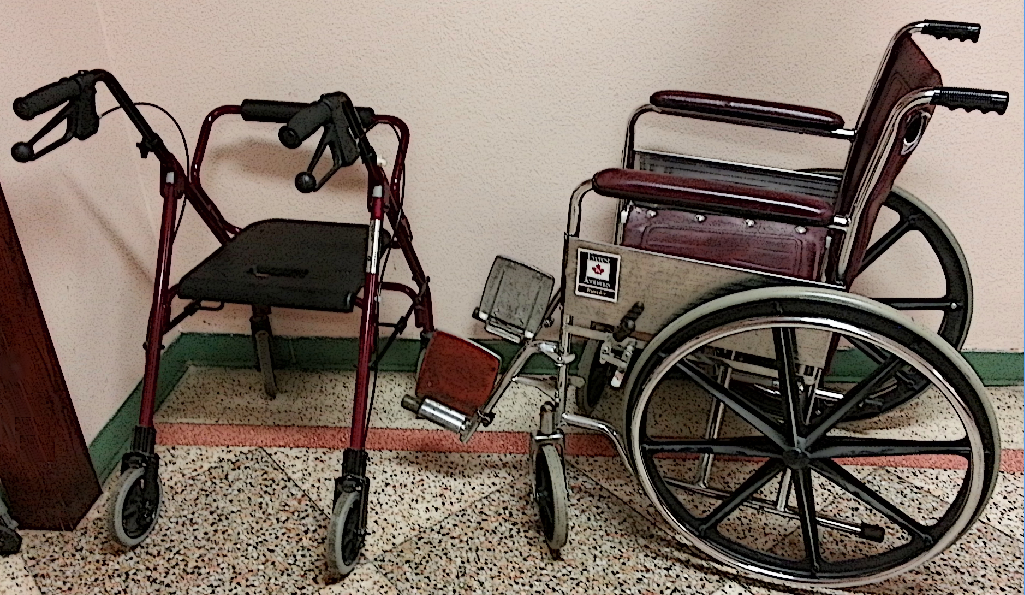
The Canada Disability Benefit Act became law on June 22, 2023.
The Canadian Government is looking for input from “all members of the public, especially persons with disabilities, their families and caregivers.”

The Canada Disability Benefit Act became law on June 22, 2023.
My first musical love was folk music, and nobody told its stories better than our own Gordon Lightfoot.
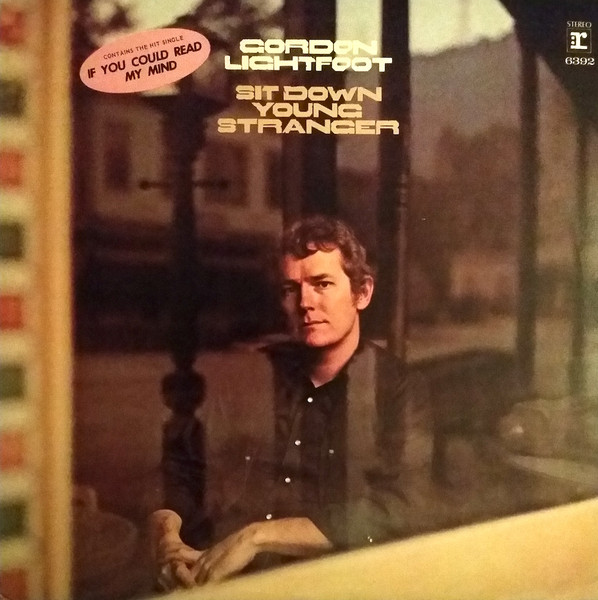
As a young pup one of my first forays into the wider world was the bus trip I took to Toronto to see my musical idol, Gordon Lightfoot, live in concert at Massey Hall. And it was fabulous. I’ll always remember Gord’s introduction of one of my favorite songs, “Second Cup of Coffee,” self deprecatingly pointing out his folly in pairing the lyrics of despair with such an upbeat tune. The audience laughed good naturedly, but it was clear we would continue to love the song anyway.
Continue readingDespite the fact most Canadians only started hearing about Electoral Reform in the lead up to the 2015 federal election, it is not by any means a new thing. Canadian Electoral Reformers have been calling for a better way to vote here since before thw country called Canada even existed.
This is my first #FlashbackFriday post, where I’ll share some words of wisdom I’ve found in one piece of the Parliament of Canada’s 1923 debate on Proportional Representation.
The whole debate is available on Lipad at
https://www.lipad.ca/full/1923/02/19/8/#643351
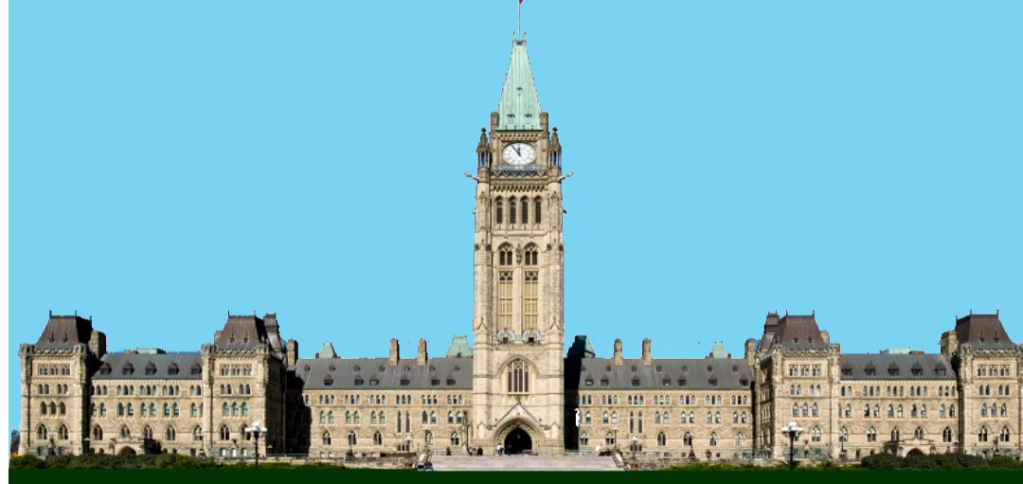
William Irvine
Labour (Calgary)
Perhaps one reason why the Tory House of Lords found it necessary to vote for proportional representation was that they were beginning to see that very soon, if they did not get their proportion, they would not have any representation at all, and I have no doubt the time will come when the Conservatives of this House will take the same attitude.
Continue reading
I was so sorry to hear about the passing of Nichelle Nichols. She was definitely the coolest woman on #StarTrek (back in the days before you had to add TOS). She was someone you wanted to grow up to be. She was someone I wanted to grow up to be.
Continue readingOver the past several years I’ve become more involved in Canadian politics because we are facing challenges we can no longer afford to ignore—
from:
— all of these things highlight our desperate need for real real change (not the phony real change™ Mr Trudeau promised in 2015). And we need it now more than ever before.
When I realized everything has kept getting worse throughout my adulthood it occurred to me this was caused the fact we don’t actually have the representative democracy they tell us we have.
After a lifetime of voting in every election without ever electing a representative I was on the brink of giving up hope things would ever get better. Then I discovered it didn’t have to be this way. I learned there were other ways of achieving democracy. Better ways.
And the means to transform this country into an actual Representative Democracy not only exists, but more than 90 countries have done this already, some for more than a century.
The way we can actually start fixing the things that are so badly wrong— so we can work toward the future we need– is to upend the status quo and change the way we elect our governments. Much to my surprise I discovered there have been Canadians trying to make this happen pretty much for all of Canadian History.
Now is the time to stop trying. Because as Yoda would tell us, there is no “try.” We must do.
We can make our democracy representative by implementing Proportional Representation.
We can do it!
At this point I understand I am only one person, and I only have the time to write one blog. This is it.
Right now my focus has to be on Proportional Representation.
“The present situation [First Past the Post Plurality voting] appears to me to be one which does not appeal to logical or righteous minds, it does not give us proper representation of the thought and the political sympathies of the people; therefore, we should strive to find out something that will.”
https://www.lipad.ca/full/permalink/643321/
— Andrew Ross McMaster
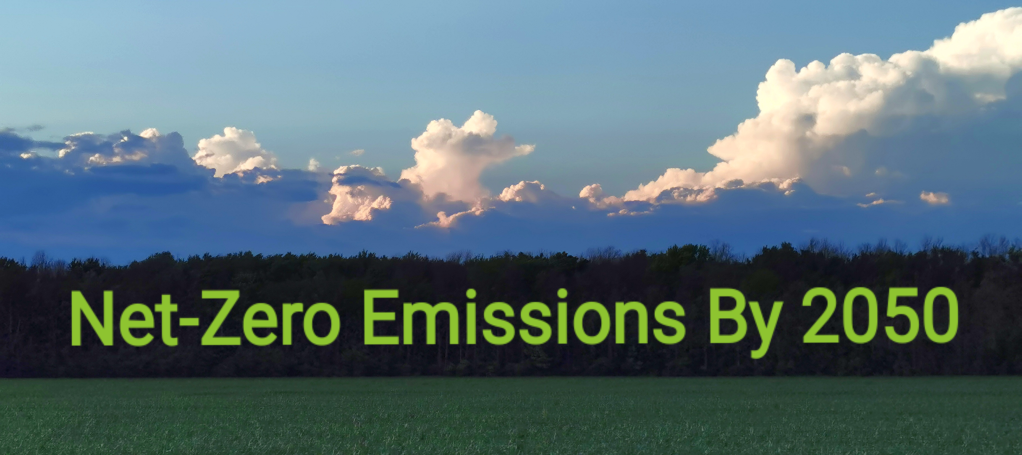
Q1. What opportunities do you think the Government of Canada should pursue to reduce emissions by 40-45% below 2005 levels by 2030 and position Canada to achieve net-zero emissions by 2050, including in any or all of the following economic sectors? Please elaborate on your answers where appropriate, including any specific insights on policy opportunities or initiatives.
Since buildings are the source of 12% of our GHG emissions, the reasonable first step is to stop building buildings we know need expensive retrofits to get to NetZero.
It’s economical to build to standards we know are necessary.
Since time is of the essence, we need a moratorium on new buildings until we set and adopt a nation-wide net zero emissions building code for 2022, while concurrently developing a model retrofit building code.
Government commitments of $100 million for EV charging stations and grants up to $5000 for home retrofits is a start, but doesn’t go far enough. Especially amid Covid-19 economic challenges, offering homeowners grants to cover a percentage of needed retrofits will help only homeowners with the wherewithal to rennovate. We haven’t the luxury of abandoning homes—and homeowners— who can’t.
Banks could also be obliged to provide low or no-interest loans to retrofit homes.
Electrify everything and clean up how electricity is produced. Phase out coal but not by switching to natural gas. We need to phase out natural gas too. Nuclear is both too slow to get up and running and too expensive. Do not invest in LNG.
Eliminate fossil fuel subsidies NOW, as promised in 2015.
Phase-out public financing of the fossil fuel sector, including from Crown corporations.
We need to electrify transportation With EVs and zero fare public transit. Build intercity transit, implement high performance rail.
Stop subsidizing airlines.
Stop building highways.
Incentivise development of compact, mixed-use communities, and promote work from home and co-share work spaces.
Keep your promise of “Triple funding for cleantech on farms, including for renewable energy, precision agriculture, and energy efficiency.”
We need food security, but we also need to revisit the whole idea of animal agriculture and factory farms.
Stop promising to ban single use plastic and DO IT.
Reduce and eliminate plastic production. Recycling is not enough.
Support conservation of wildlife habitat, nature conservation, wetland restoration, and recreation. Planting seedlings is no replacement for mature trees, especially old growth. Promote bamboo and hemp as alternative quick renewable replacement for paper plastic and wood fibre.
Revenue Neutral Carbon Fee and Dividend is the carbon pricing gold standard but the price has to rise much more rapidly.
Lack of political will.
Vote.
Proportional Representation.
No.
Stop investing in Fossil Fuels.
Stop investing in military expansion and armaments.
Our children will have a livable future
Every 6 months.
You need to do a better job engaging the public.
This would be okay but not anonymous.
The questions should be posed better.
I must admit I don’t expect this Liberal government to actually listen. They have been talking about climate action — like stopping fossil fuel subsidies— since 2015. They never actually managed it, yet they did manage to buy a pipeline. Clearly I have good reason to be skeptical. Nonetheless it is important to participate in consultations– even if we think they are simply window dressing— if for no other reason than to get our opinion on the record.
Without Proportional Representation, our Representative Democracy isn’t very accountable to us. But maybe they’ll listen.
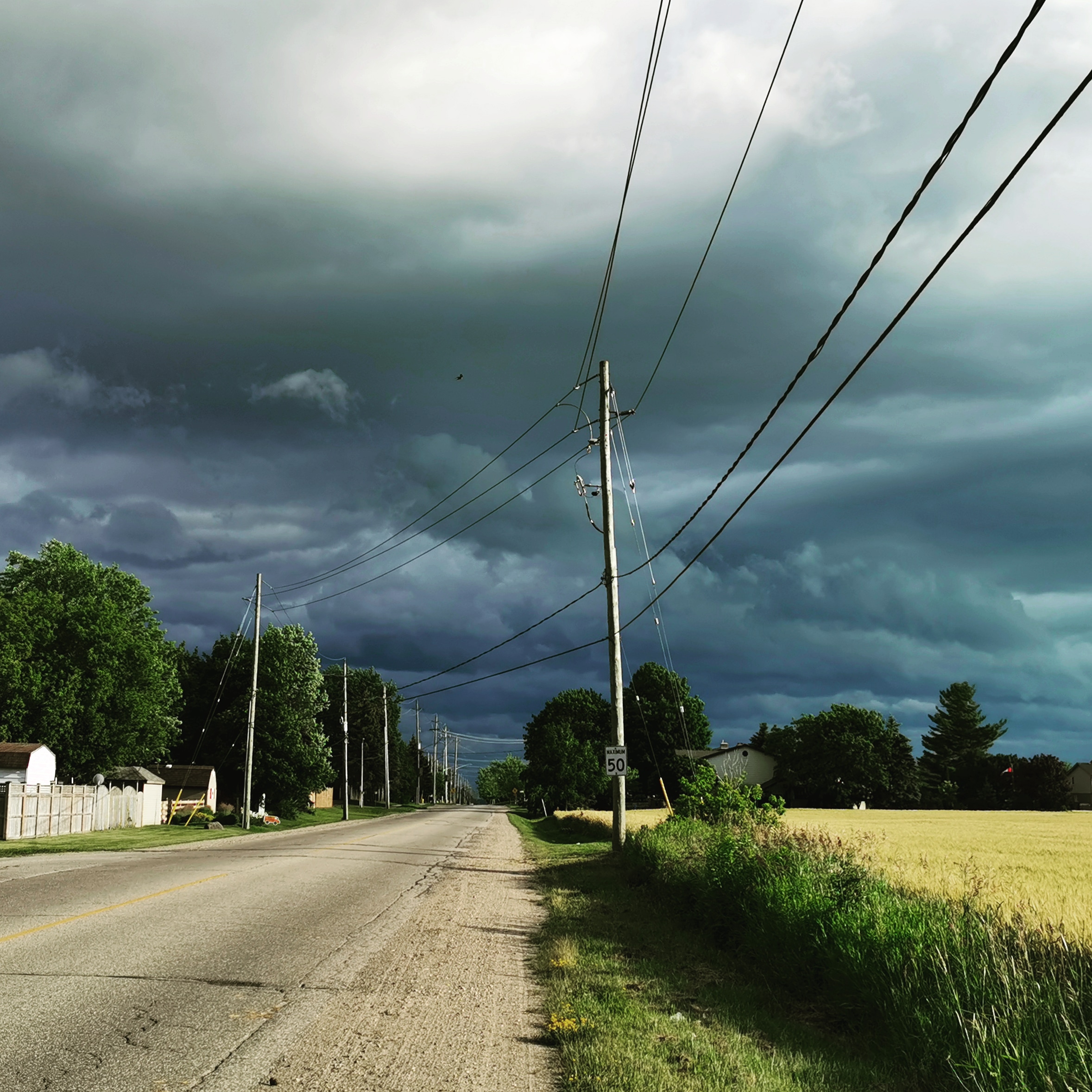
The Government of Canada is holding another Climate Consultation. Despite the fact they completely ignored the public input from the 2016 in-person Climate Consultation, it is important for every Canadian concerned about the Climate Crisis to participate.
 This time, they don’t have a majority government, so they have to at least pretend to listen to us.
This time, they don’t have a majority government, so they have to at least pretend to listen to us.
You don’t have to be a climate expert to partcipate… climate change is already affecting all of our lives. The policies our governments make will either help or make it worse. So far, Canadian policies have only made it worse.
The deadline for submissions is tonight (January 14th, 2022) at 11:59 pm (one minute before midnight), so to make it easier, I’ve reproduced the questions so you can think about what you will say before you go online. It’s important to note that 1,000 characters is the maximum for the answer blocks on the form, except the “tell us more” essay questions have a 5,000 character limit.
Privacy
They’ve made this an anonymous survey, and we are repeatedly advised not to use any identifying information in our answers. And yet the largest part of the survey is asking for our demographic information, even though they provide a “prefer not to say” answer to each of the demographic questions. Although privacy is an important issue to me, very often we have to make tradeoffs, particularly if we want our voice heard. And the government is more likely to accept our answers as legitimate if we indicate we are Canadians.
(I would also like to point out that if you would be liable to negative repercussions from the government, it would be better to use your own anonymizing method (using a public access machine and going through TOR. If this is impossible, you would do better not to make a submission at all).
THE SURVEYYou’ll find the survey here:
https://eccc.sondage-survey.ca/f/s.aspx?s=4132165a-69ff-455b-9208-24be193aa656&lang=EN&r=94a20c2e-88fb-4585-989c-82da43aff18c
Today the correct link for the consultation survey is https://eccc.sondage-survey.ca/f/LanguageSelection.aspx?s=4132165a-69ff-455b-9208-24be193aa656. (likely due to the deadline change)
Q1. What opportunities do you think the Government of Canada should pursue to reduce emissions by 40-45% below 2005 levels by 2030 and position Canada to achieve net-zero emissions by 2050, including in any or all of the following economic sectors? Please elaborate on your answers where appropriate, including any specific insights on policy opportunities or initiatives.
• Buildings
• Electricity
• Heavy industry, including oil and gas
• Transportation
• Agriculture and waste
• Nature-based climate solutions
• Economy-wide (e.g., carbon pricing, climate-risk disclosure, sustainable finance, etc.)
• Other, please specify
Please tell us more:
Q2. What do you see as the barriers or challenges to reducing emissions in these sectors? Do you have suggestions on how to overcome these barriers?
Q3. What broader economic, technological, or social challenges and opportunities do you foresee resulting from efforts to reduce emissions in these sectors? For example, opportunities associated with economic diversification across sectors. Do you have suggestions on how to address these challenges and opportunities?
Q4. Looking beyond 2030, what enabling measures, strategies or technological pathways do you think the Government of Canada should put in place now to ensure that Canada is on track to net-zero emissions by 2050?
Q5. What broader economic, technological, or social issues to you foresee as a result of the transition to a net-zero economy in Canada? Do you have suggestions on how to address these issues?
Q6. How would you like to be engaged on Canada’s climate plans moving forward? How often should this engagement occur, and what method or format would be preferable?
D1. In what capacity are you completing this engagement process? As an:
• Individual
• Representative of a business/business association
• Representative of an Indigenous organization
• Representative of a not for profit organization such as a charity or academic organization
• Representative of a government organization
• Prefer not to say
D2. What is your province or territory?
• Alberta
• British Columbia
• Manitoba
• New Brunswick
• Newfoundland and Labrador
• Nova Scotia
• Ontario
• Prince Edward Island
• Quebec
• Saskatchewan
• Northwest Territories
• Nunavut
• Yukon
• Outside of Canada
• Prefer not to say
D3. Please select the option that best relates to your sector (business).
• Agriculture, Forestry, Fishing and Hunting
• Mining, Quarrying, and Oil and Gas Extraction
• Utilities
• Construction
• Manufacturing
• Wholesale Trade
• Retail Trade
• Transportation and Warehousing
• Information and Cultural Industries
• Finance and Insurance
• Real Estate and Rental and Leasing
• Professional, Scientific, and Technical Services
• Management of Companies and Enterprises
• Administrative and Support and Waste Management and Remediation Services
• Educational Services
• Health Care and Social Assistance
• Arts, Entertainment, and Recreation
• Accommodation and Food Services
• Public Administration
• Other, please specify
• Prefer not to say
D4. Which of the following age groups do you fall into? (individual)
• Under 24
• 25 to 39
• 40 to 64
• 65+
• Prefer not to say
D5. How do you identify yourself? (individual)
• Woman
• Man
• Non-binary
• Other
• Prefer not to say
D6. Do you identify as any of the following? Select all that apply (individual)
• First Nations
• Inuit
• Métis
• Racialized Canadian
• LGBTQ2S+ person
• Person with a disability
• Official language minority
• New immigrant to Canada
• None of them
• Prefer not to say
CONCLUSION
When you’ve reach the end of the survey you can go vack and review or change your answers. When you’re happy about it, press the [SUBMIT] button.
Canada must adopt a 2030 emissions reduction target of at least 50%, but 60% would be better.
In 2015 we were promised an end to fossil fuel subsidies. Now we’re told that will finally happen in 2023. That isn’t good enough: it needs to happen now,
Since climate change is an existential threat, the government must spend whatever it will take.
Stop ssearching for new fossil fuel projects.
Stop building new fossil fuel infrastructure, like pipelines and LNG facilities.
If you’re looking for more suggestions, the Green Party’s Mission Possible plan is a great place to start.
Climate Messengers Canada has put together this excellent Toolkit to help answer the survey questions.
If you prefer, LEADNOW has put together an identifiable letter form response. https://leadnow.ca/climate-consultation/ I think it better to submit your resonse in the manner the government has asked for, but the most important thing is to submit something.

It has been far too long since I’ve carved out the time to write what I want to write. So here I am again, participating in #NaNoWriMo.
So far it’s going well. Especially since I only decided to commit to this on November 1st. My wordcount yesterday (Day 3) was 7,005, putting me just ahead of the curve. I also filled in a lot more of the outline. And created the above cover art entirely on my phone. But it’s early days.
I’ll continue posting daily wordcounts on Twitter, Tumblr and Instagram. And perhaps periodically on the Laurel L. Russwurm, Author page on Facebook.
I have a very good feeling about this.
The Green Party Leadership race, like any major party leadership, is important for all of Canada. TVO recognized this from the get go, but even so there has been very little serious MSM coverage.
In the Internet era, we’re no longer entirely at the mercy of MSM gatekeepers, so there’s been plenty to see online. Tonight CBC, Youtube and Facebook will present live election night coverage.
As most of the GPC Leadership campaign has coincided with the COVID-19 pandemic, although a few of the Candidates had begun cross Canada tours when the shut downs hit, there has been very little opportunity for Green Party members to actually engage with leadership candidates face to face.
But that hasn’t stopped the Canadian Greens from putting on an excellent engaging leadership campaign. Interim Leader Jo-Ann Robert’s People, Politics and Planet podcast hosted interviews with all the candidates. We began with 10 candidates, and end with 8 going into tonight’s election.
July 20-30: Regional Townhalls with the GPC Leadership Contestants.
There have been a wide variety of Interviews and Zoom meetups with Electoral District Associations across the country.
Fair Vote Canada kicked off the Green Party 2020 Leadership Debate season:
Finally, after months of hard work campaigning, CBC will be hosting the Green Party Leadership 2020 Election Night coverage!

Youtube
https://www.youtube.com/c/canadiangreenparty
Facebook
https://www.facebook.com/GreenPartyofCanada
CBC news on TV or Online https://www.cbc.ca/news